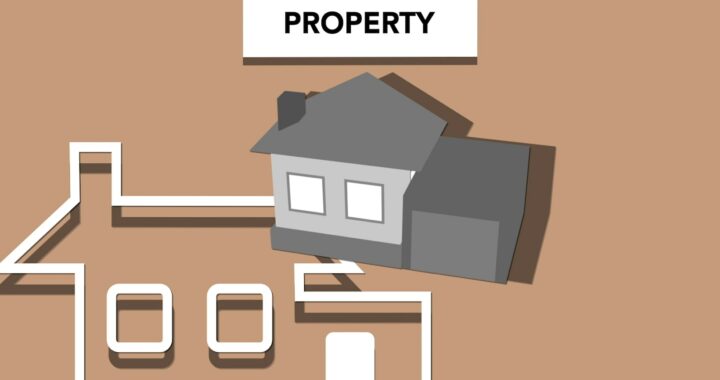
How To Invest In Section 8 Housing: A Lucrative Opportunity
How To Invest In Section 8 Housing
Looking to invest in Section 8 housing? Wondering how to navigate the process and make smart decisions? Well, you’ve come to the right place. In this article, I’ll share valuable insights and tips on successfully investing in Section 8 housing.
Firstly, let’s clarify what Section 8 housing is. It refers to a federal program that provides rental assistance to low-income individuals and families. As an investor, participating in this program can offer stable cash flow and potential long-term benefits. However, it’s crucial to understand the specific requirements and regulations involved.
To start investing in Section 8 housing, the first step is research. Familiarize yourself with local laws and regulations related to subsidized housing programs. This includes understanding tenant screening criteria, rental rates set by the government, and property inspection standards.
Next, finding suitable properties is key. Look for areas with high demand for affordable rentals and a strong population of potential Section 8 tenants. Networking with local real estate agents or property management companies experienced in working with Section 8 can be immensely helpful in identifying viable investment opportunities.
Once you’ve acquired a property eligible for Section 8 participation, consider partnering with an experienced property manager who understands the intricacies of managing subsidized housing units. They can handle tenant selection, rent collection, and maintenance issues and ensure compliance with all program guidelines.
Investing in Section 8 housing requires careful planning and due diligence but can offer stable returns over time while providing affordable housing options for those who need it most. So, now that you have a basic understanding of how to invest in Section 8 housing let’s dive deeper into each process step!
Investing in Section 8 housing can be a lucrative opportunity for those looking to diversify their real estate portfolio. But before diving into this venture, it’s important to understand the basics of Section 8 housing and how to navigate the process effectively.
Section 8 housing refers to a government-subsidized program that provides rental assistance to low-income individuals and families. As an investor, you can participate in this program by renting out your property to eligible tenants who receive vouchers from the government to help cover their rent.

Key Points to Consider When Investing in Section 8 Housing
- Eligibility and Voucher Program: Familiarize yourself with the eligibility criteria for tenants participating in the Section 8 voucher program. These criteria vary depending on income level, family size, and background checks. Understanding these requirements will help you find reliable tenants with the qualifications.
- Property Inspection: Before renting out your property under the Section 8 program, a thorough inspection must be conducted by local public housing authorities (PHAs). These inspections ensure that your property meets safety and habitability standards set by federal guidelines. It’s crucial to address any issues identified during these inspections promptly.
- Rental Pricing: The rental income you receive through Section 8 is determined by fair market rent rates established by HUD (U.S. Department of Housing and Urban Development). Researching local market conditions will help you select an appropriate rental price that aligns with both fair market rent rates and your investment goals.
- Long-Term Stability: One advantage of investing in Section 8 housing is its long-term stability due to guaranteed rental payments from government subsidies. While other properties may experience fluctuating vacancy rates or unreliable tenants, having reliable monthly payments can provide a consistent source of income for investors.
- Tenant-Property Management: Consider partnering with experienced property management companies familiar with handling Section 8 rentals or educate yourself on the program’s requirements. This will ensure that you stay compliant with regulations, handle tenant inquiries effectively, and promptly address any maintenance or repair needs.
Investing in Section 8 housing requires careful research, adherence to regulations, and a commitment to providing safe and affordable housing for eligible tenants. By understanding the basics of Section 8 housing and following best practices, you can position yourself for success in this unique real estate niche.
Investing in Section 8 housing can offer a range of benefits for investors looking to diversify their portfolios and generate consistent rental income.





